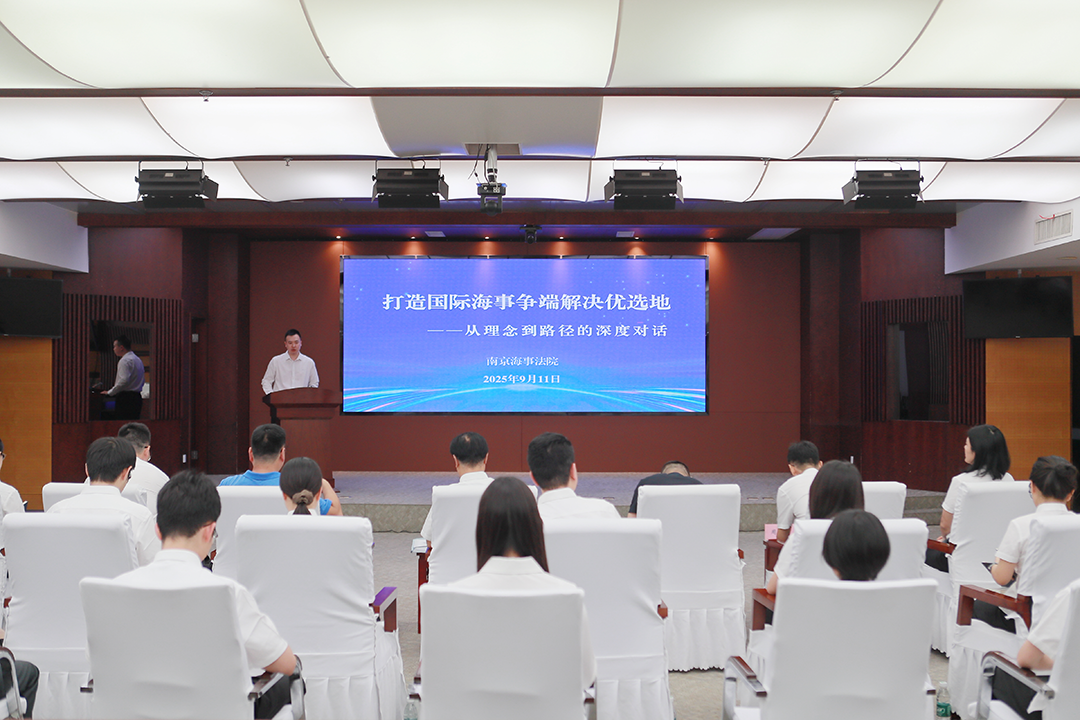
September 11, Maritime Justice Research Center of Nanjing Maritime Court(hereinafter referred to as “the Court”) held the first salon, conducting a thematic discussion around "building a preferred place for resolving international maritime disputes". Li Yalin, executive vice president of the Court, attended the salon.
Six judges focused their keynote speeches on "what is a preferred place for resolving international maritime disputes, how to build a preferred place for resolving international maritime disputes, and what we should do". Four guests attended the salon and shared their views.
KEYNOTE SPEECHES
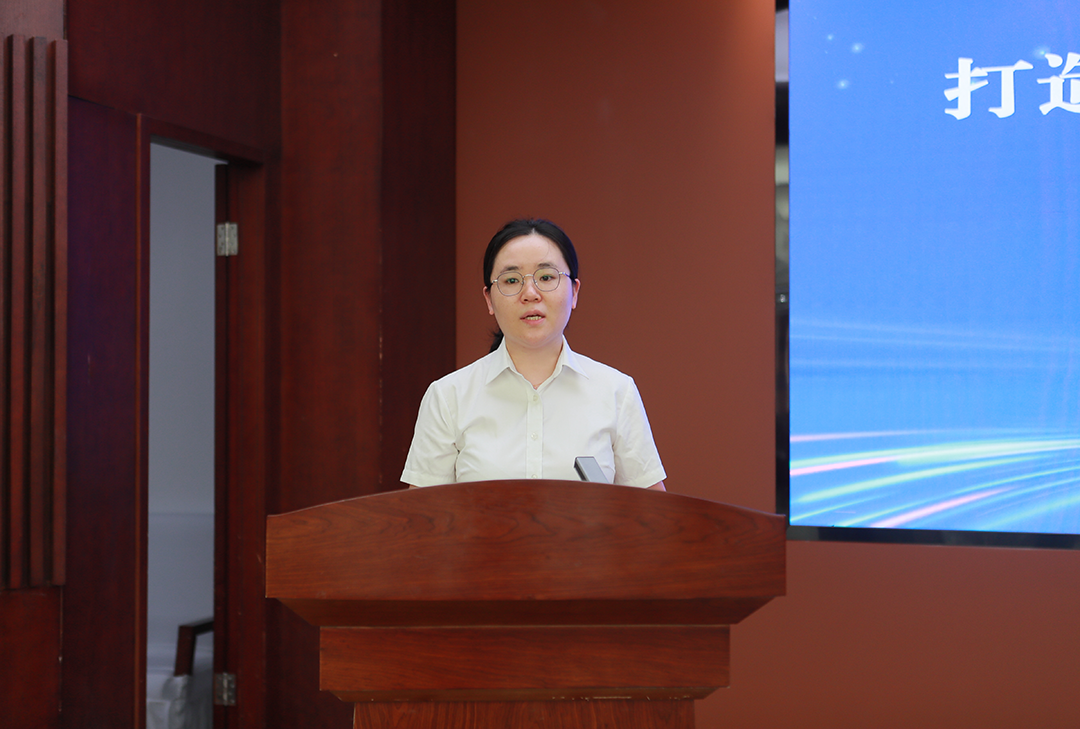
Jiang Yong, Case Filing Tribunal
To build a preferred destination for resolving international maritime disputes, it is crucial to gain broad recognition and be the active choice of parties both at home and abroad. This can be achieved by providing high-standard judicial services, efficient dispute resolution mechanisms, and credible decisions. As the direct point of contact with parties, the case-filing tribunal serves as a frontline position for showcasing the image of maritime justice. We will remain committed to fulfilling our role as the front-end "gatekeeper": proactively expanding our international perspective, continuously honing our professional expertise, streamlining workflows, and optimizing litigation services. In this way, parties can truly experience convenience, which lays a solid foundation for establishing a high-quality platform for international maritime dispute resolution.
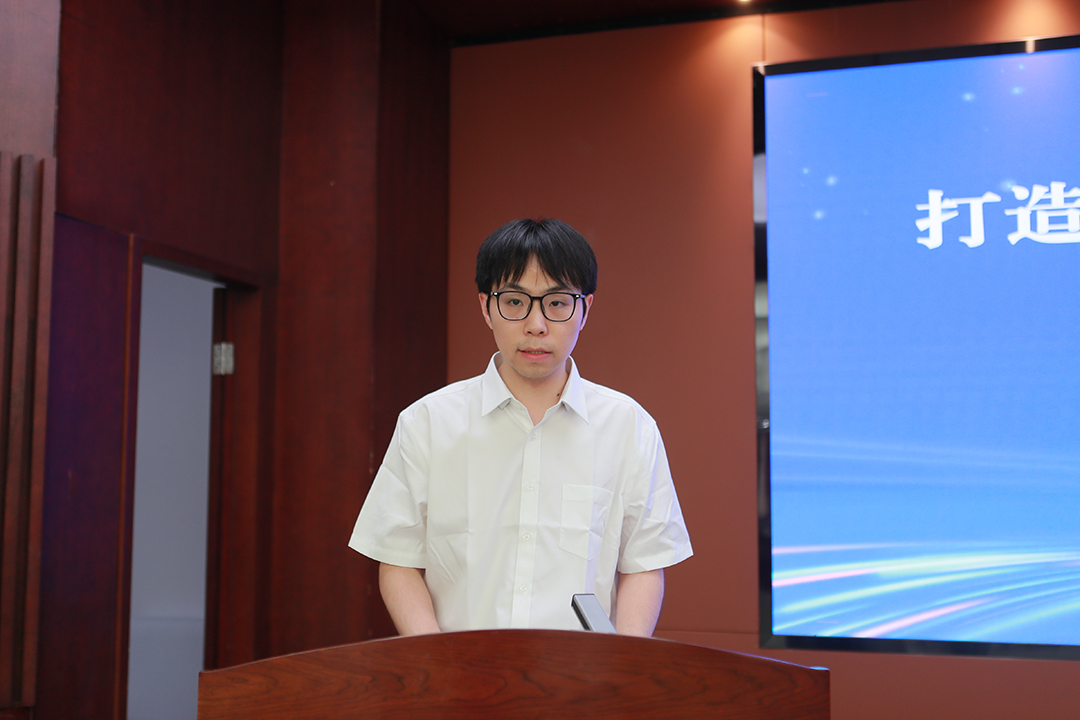
Zhang Jingyu, Maritime Affairs Tribunal
To build a preferred place for resolving international maritime disputes, we must attract international shipping entities to voluntarily choose its jurisdiction, by leveraging judicial credibility, professional dispute resolution capabilities, and the authority of rules. As the world’s largest trading country and one of the world’s major maritime powers with substantial maritime demand, China faces both higher expectations and unique opportunities in this regard. As judges of the Court, we should act as "researchers" of international rules, "builders" of judicial credibility, and "promoters" of Chinese practices—enabling the world to recognize China’s wisdom and achievements in maritime judicial practice.
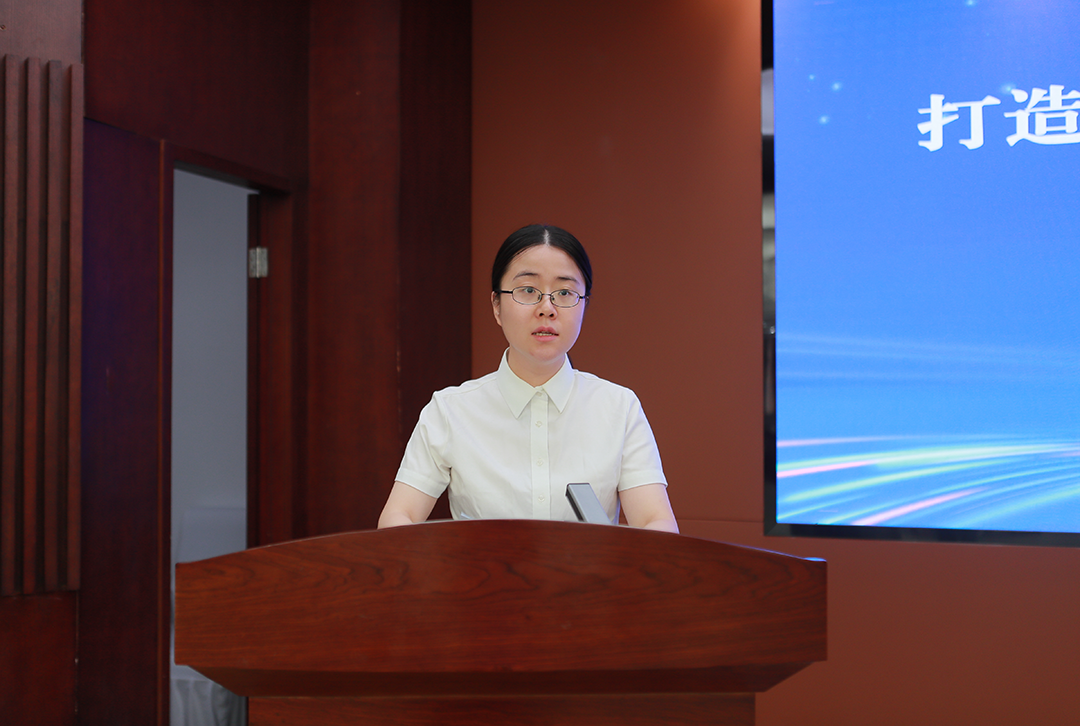
Wang Han, Maritime Commerce Tribunal
The focus of developing a preferred place for resolving international maritime disputes lies in enhancing the credibility, transparency, and visibility of China’s maritime judicial system. As an judge of the Maritime Commerce Tribunal, I will continue to improve my overall competence in line with my job responsibilities. Through practical training, I will consistently strengthen the knowledge of maritime industry, foreign-related legal expertise, and foreign language proficiency. I will also study international treaties and international customs and usages, actively participate in summarizing and refining typical cases, and contribute efforts to advancing the development of international maritime dispute resolution mechanisms.
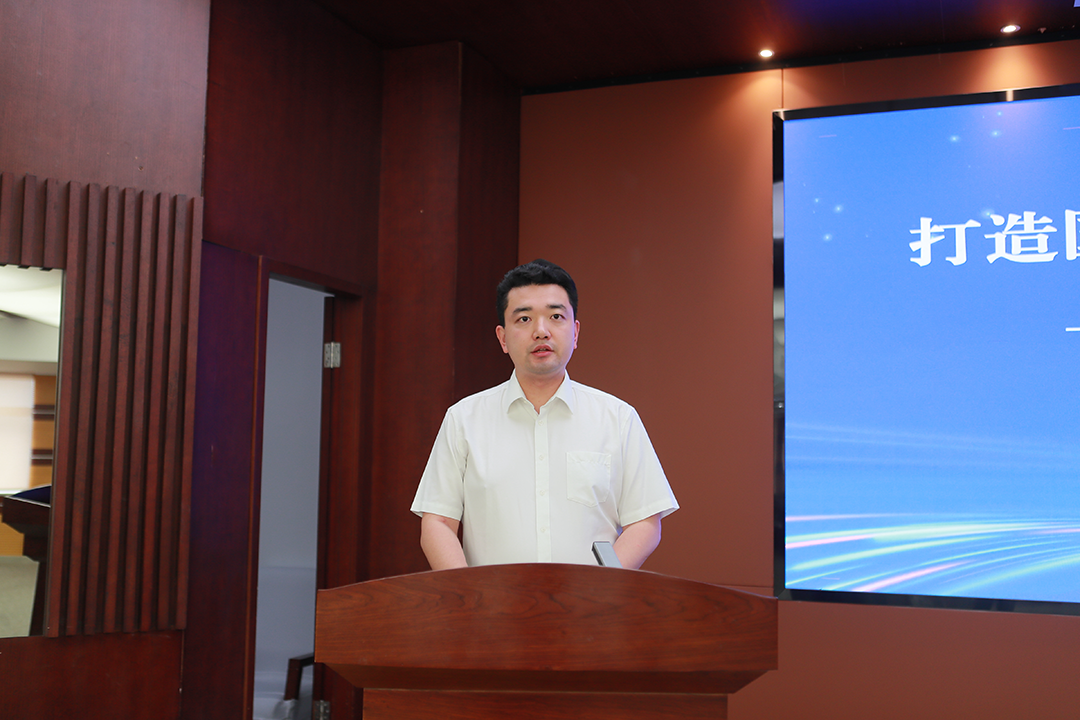
Wang Yuxiang, Enforcement Bureau
The preferred venue for international maritime dispute resolution is not merely a geographical concept, but a trust-based reference point—and a "rule of law landmark" recognized by global shipping entities, Chinese and foreign parties, and legal institutions alike. Those engaged in maritime law enforcement stand ready to act as "pioneers": safeguarding the legitimate rights and interests of Chinese and foreign parties with professionalism and empathy, and illuminating the preferred path for international maritime dispute resolution through efficiency and credibility.
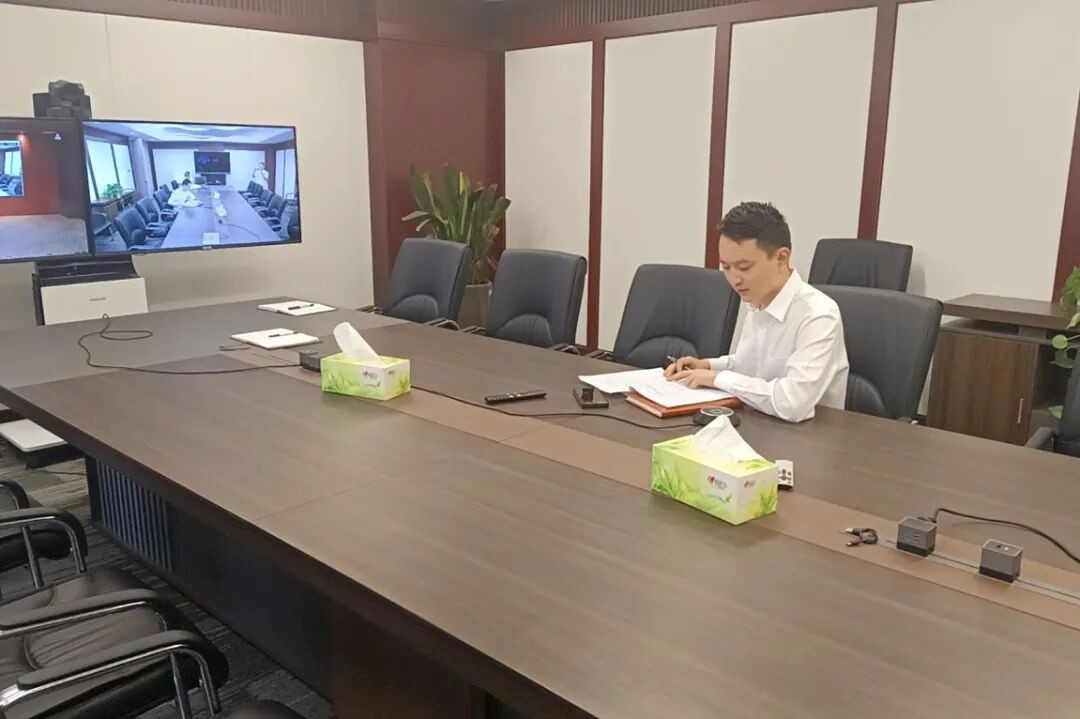
Yang Wencong, Lianyungang Dispatched Tribunal
Maritime cases often involve highly time-sensitive matters, such as cargo transportation and ship strandings. This requires us to continuously optimize procedures and improve efficiency while ensuring fair trials. By designating selected cases as "fast-track trial" demonstrations, we will explore ways to shorten case trial cycles, enabling the world to witness the efficiency and credibility of China’s judicial system and providing strong support for developing a preferred place for resolving international maritime disputes.
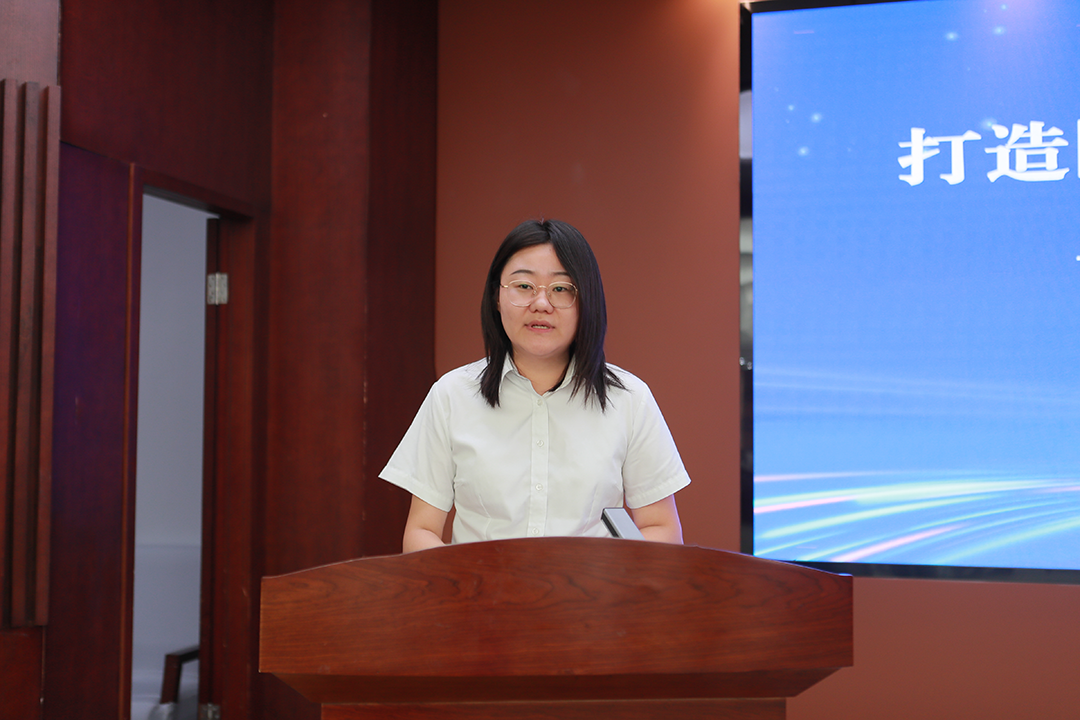
Cheng Naiyao, Political Department
To develop a preferred place for resolving international maritime disputes, publicity efforts need to shift from a "information-dissemination" role to one of "value-shaping" and "ecosystem building"—this is to convey China’s vision of fair, professional, and international maritime justice. We must enhance international influence and recognition by providing in-depth interpretations of typical cases, expanding multilingual communication channels, and strengthening media collaboration. Furthermore, by prioritizing data-driven approaches, international communication, and brand development, we should systematically foster a positive image of maritime justice, thereby supporting the development of a high-caliber maritime legal services ecosystem.
Guests’ Comments and Sharing
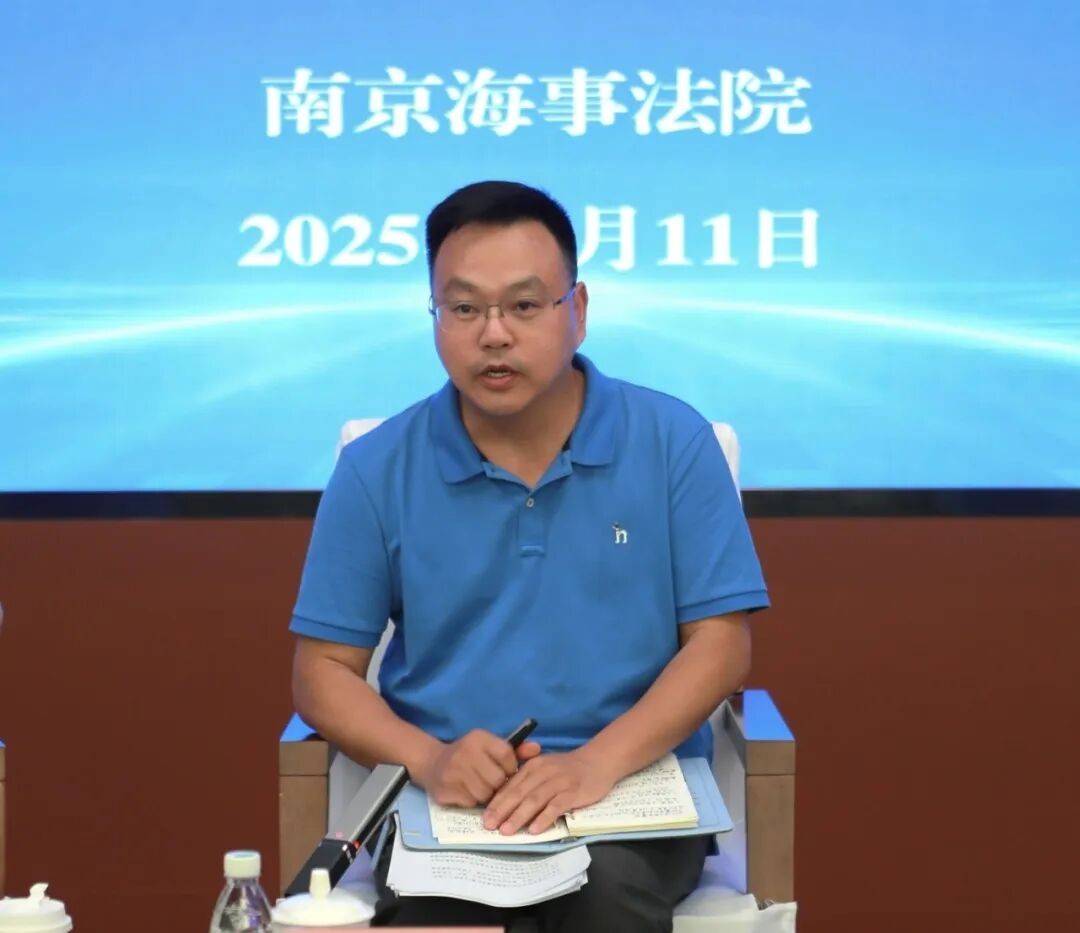
Chen Liang Vice President of the Civil Fourth Chamber of the Jiangsu High People's CourtThe construction of preferential venues for the settlement of international maritime disputes has been a process of continuous efforts and progress over the years. It is necessary to focus on three aspects: first, accurately apply international conventions and international custom and usage, more accurately interpret and apply foreign laws, and strive to form leading maritime arbitration rules; The second is to study in-depth industry rules and practices such as shipping and insurance to enhance the professionalism, industry recognition and international persuasion of referee arguments. The third is to actively exercise maritime jurisdiction, properly address new issues such as parallel litigation and inconvenience to court jurisdiction, and actively promote the construction of a multi-pronged resolution mechanism for maritime disputes, continuously enhancing the credibility and influence of China's maritime judiciary.
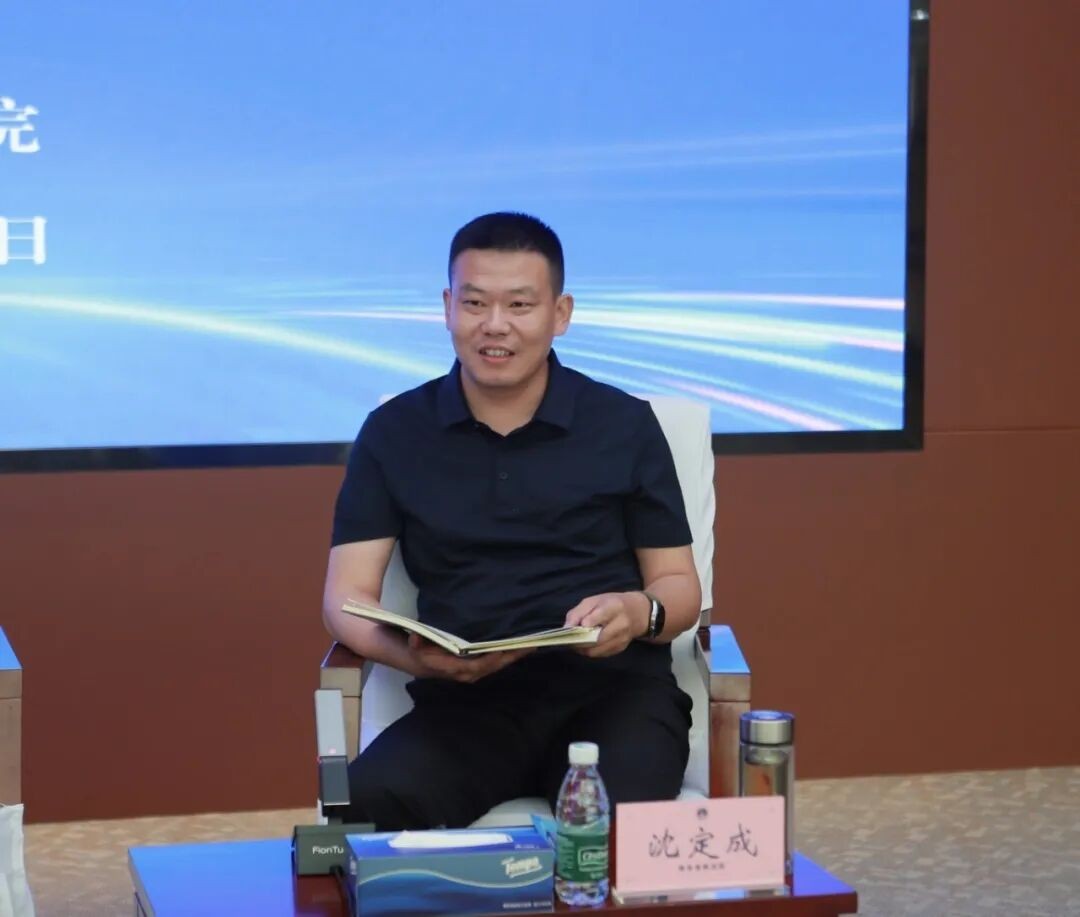
Shen Dingcheng Deputy Director of the Bureau of Comprehensive Governance of Jiangbei New Area and Deputy Chairman of the Special Working Group on the Legal Zone of YangzhouThe Jiangbei New Area is advancing the construction of the Yangtze River Legal District with high standards. In accordance with the plan, the Legal District is focused on“Industry leads, The functional positioning of "foreign-related orientation, scientific and technological empowerment, and legal escort" relies on the "dual integration" of the judicial trial centralized area and the legal service ecoregion, and builds a multi-point one-stop public legal service platform, gathering multiple legal service functions such as arbitration, mediation, and notaries. With this goal in mind, Jiangbei New District has made great efforts to promote the construction of ship hiring and trading zone in Jiangsu Province, strengthen the collaboration with universities and institutes, deepen the theoretical study and the transformation of achievements, and actively attract professional institutions such as arbitrations and mediations to settle down. It is expected that through these measures, we will continuously upgrade the level of rule of law services related to foreign affairs and better serve to create an attractive place for international maritime dispute settlement.
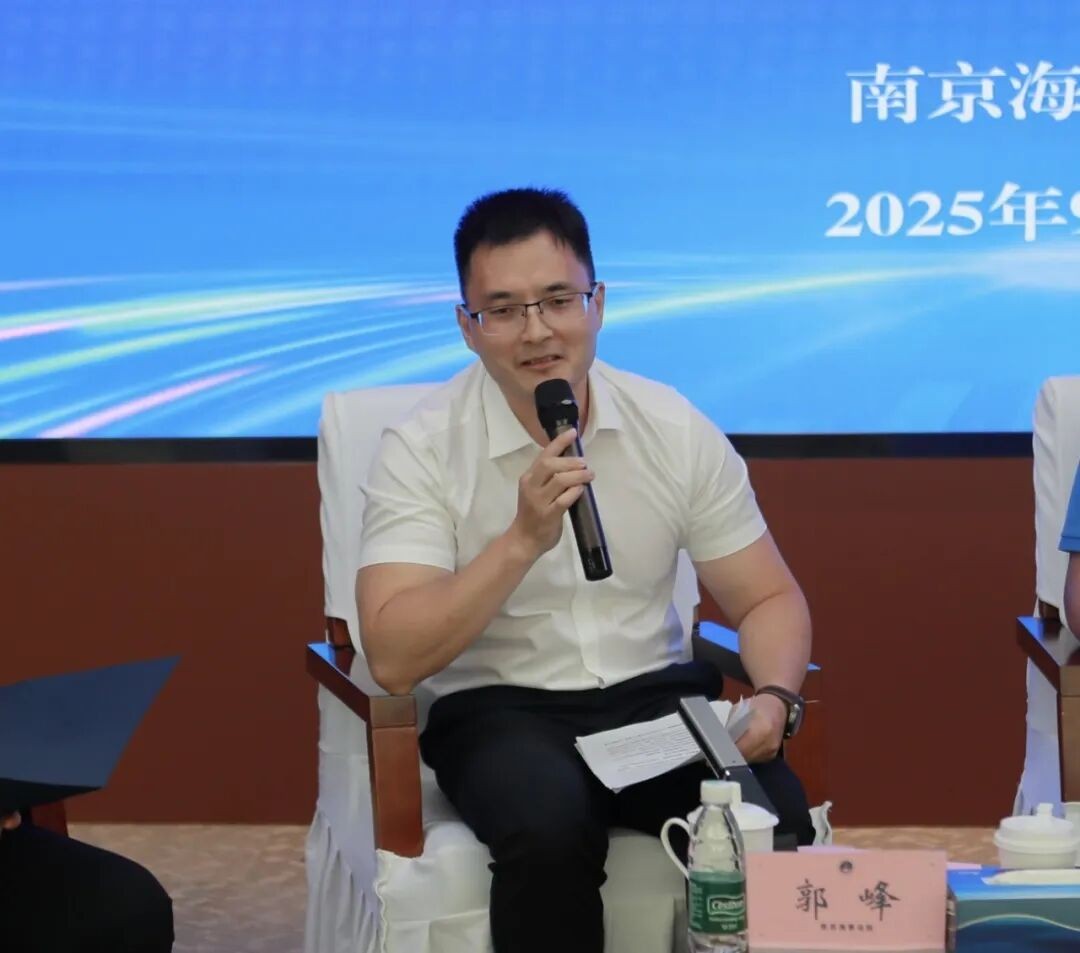
Guo Feng, Level 3 researcher in the Regulations Division of the Jiangsu Maritime BureauThe establishment of preferred venues for the settlement of international maritime disputes is both an objective and a continuing process. I think it can be grasped from "three 'four'": Jiangsu has solid "four foundations," namely, national strategic overlapping and unique location advantages, strong shipping ports and shipbuilding capabilities, sound maritime rule of law community construction, and leading scientific and technological innovation and talent resources. On this basis, we must properly handle "four pairs of relations": hardware construction and software upgrading, institutional construction and practical innovation, judicial security and law enforcement coordination, legal services and industrial development. Looking to the future, it is even more important to grasp the direction of "four transformations," namely, promoting internationalization, professionalization, and Diversification and digital development. Through this series of efforts, we will make full use of Jiangsu's strengths, realize the transformation from the gathering of shipping factors to the export of maritime rules, and continuously enhance China's voice and influence in the field of international maritime conflict settlement.
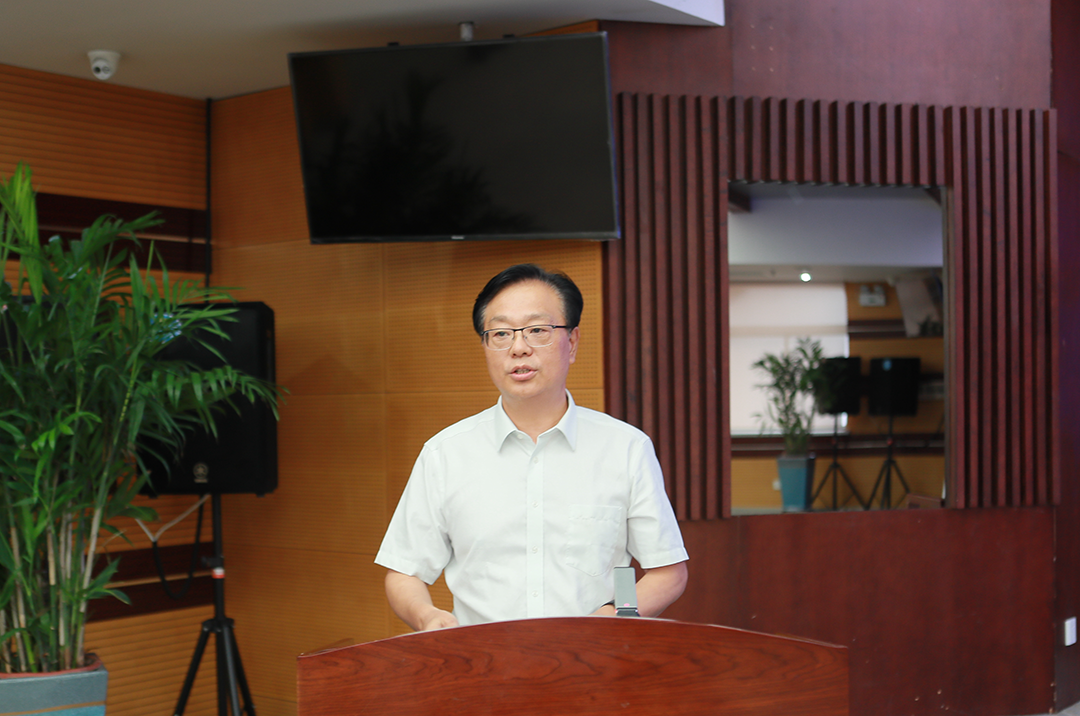
Li Yalin fully recognized this salon event and placed high expectations on the young police officers, noting that maritime justice is responsible for the important mission of serving a high level of opening up to the outside world, and young police officials must remain committed to the future and continuously improve their professionalism and international literacy. We must cherish the stage, make good use of the platform, and rely on research centers for rapid growth and progress. We must not lose our youth, strive hard, and write a youthful chapter of maritime justice in the new era with passion and responsibility. Li Yalin emphasized that to build an outstanding place for international maritime dispute settlement, the key is to make maritime legal work meticulous and realistic. We should look at the international trend, grasp the new situation in global maritime governance, actively participate in the formulation and improvement of international maritime rules, and provide more Chinese wisdom and Chinese solutions for global maritimes governance. We need to serve the largest countries, keep in mind the strategy of a maritime power and the requirements of high-quality development of the marine economy, and provide strong maritime judicial services for the development and utilization of marine resources, the transformation and upgrading of the port and aviation industry. It is necessary to enhance its international influence, give full play to the role of the Maritime Judicial Research Center as a platform, enhance its international spread and appeal, and tell China's maritime judicial stories.